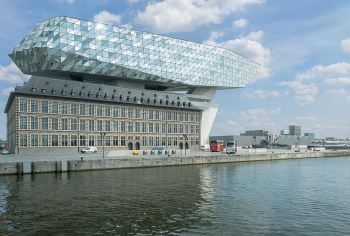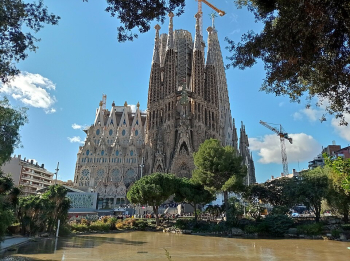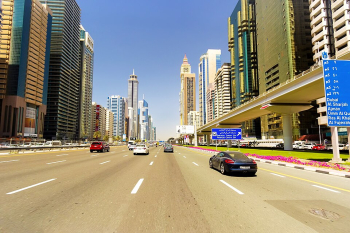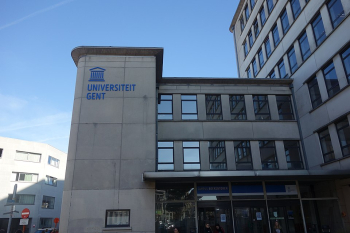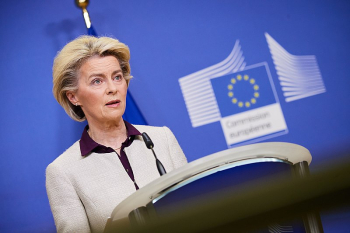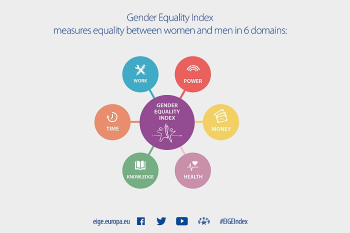
The European Parliament has moved to tighten access for diplomats from Qatar and Morocco in response to the Qatargate scandal, in which the countries were alleged to have
bribed MEPs for influence. A new set of guidelines, approved by leading MEPs in a behind-closed-doors meeting and seen by Politico, urged MEPs and staffers to request Parliament’s permission to invite the countries’ diplomats onto the premises. Lawmakers are also required to inform Parliament President Roberta Metsola whenever they meet them. While the guidelines are not binding, they are designed to clarify the state of play for MEPs, and give Metsola and top civil servants better oversight about who is meeting whom, amid an ongoing criminal investigation in Belgium into whether MEPs took bribes from Qatar and Morocco.
The four-page document, marked “for internal use only,” also restricts MEPs from taking official trips to Qatar or Morocco while the criminal probe continues. However, MEPs may attend international events hosted by the countries, such as the Union of the Mediterranean parliamentary assembly, a format bringing together 44 parliaments including the EU’s, currently presided over by the Moroccan parliament.
Additionally, the document also outlines guidelines for how MEPs should engage with Russia, Belarus, China and Iran. The toughest-worded guidelines are for Russia and Belarus, countries being sanctioned by the EU, with MEPs banned from any official trips to these countries while the invasion of Ukraine is still happening, and no state representatives can enter Parliament. However, there is an exception in which “the President may grant access to the Parliament’s premises with a view to enhancing diplomatic efforts to end the war”. On China and Iran, the countries’ own parliamentarians are not to be invited to the European Parliament, and trips by MEPs to China and Iran will only be authorized if a sanctioned MEP is part of the travelling cohort.
The new guidelines also ban Qatari and Moroccan lobbyists who have logged themselves in the transparency register from Parliament’s grounds “as a precautionary measure in light of ongoing proceedings”. However, the effect of this measure is minor because the guidelines only apply to lobbyists who voluntarily declare that their clients are from Qatar or Morocco in the register.
Although the new guidelines are not binding, they may be formalized in the future. Metsola’s spokesperson has said: “We’re trying to put a bit more order into the Parliament and codify things”.

